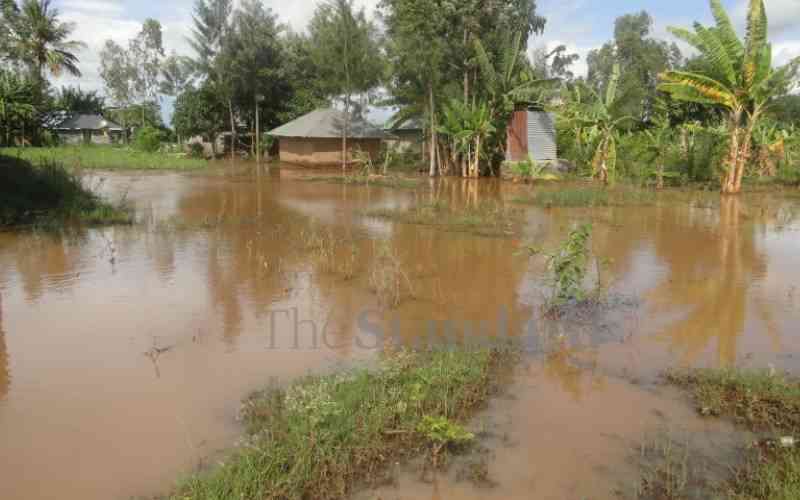×
The Standard e-Paper
Join Thousands Daily

Kenya should urgently transform its food and land use systems to adapt to devastating effects of climate change and adopt solutions that enable people and nature, prosper.
As a result of extreme weather conditions, food and nutritional security is on the brink of collapse. An estimated 4.5 million people urgently need humanitarian assistance and approximately 2.4 million livestock have died from drought.